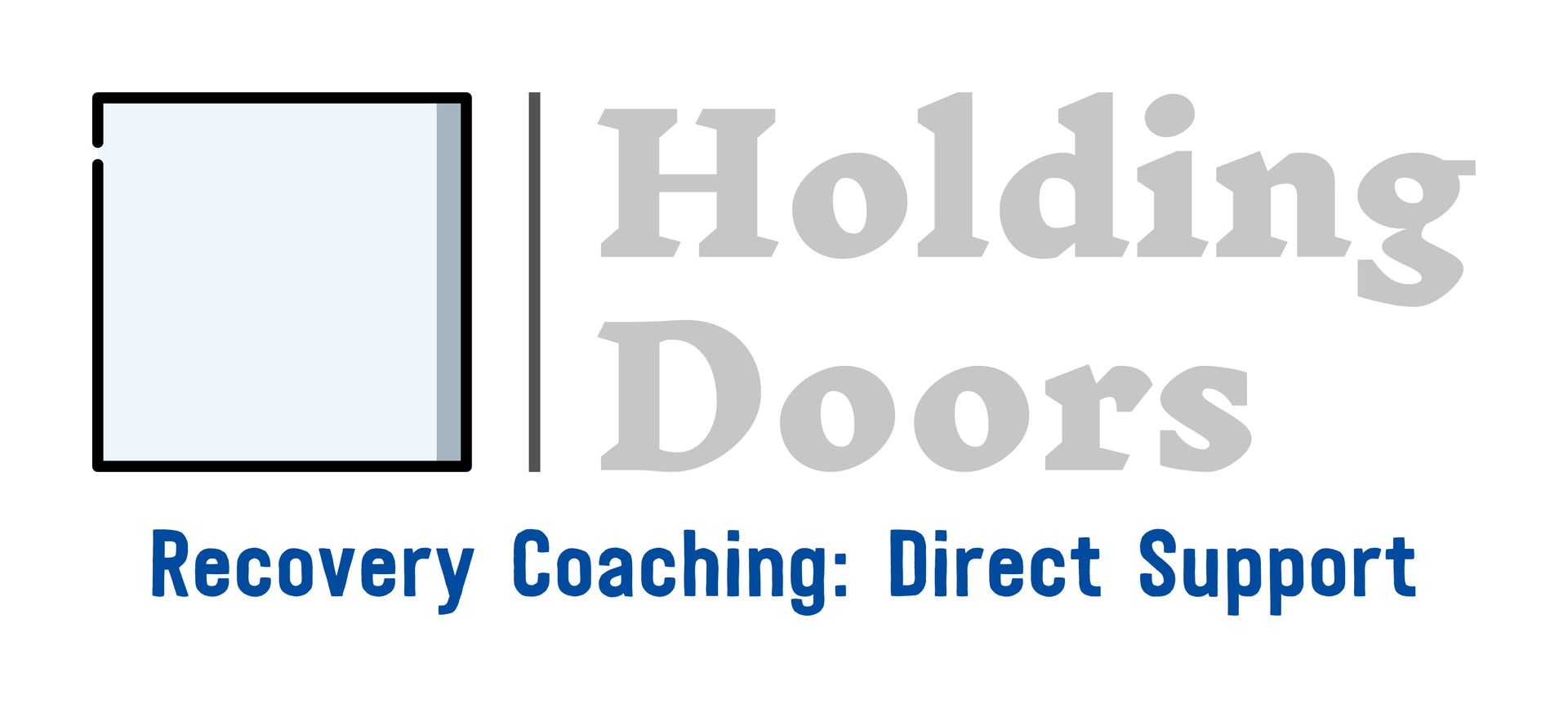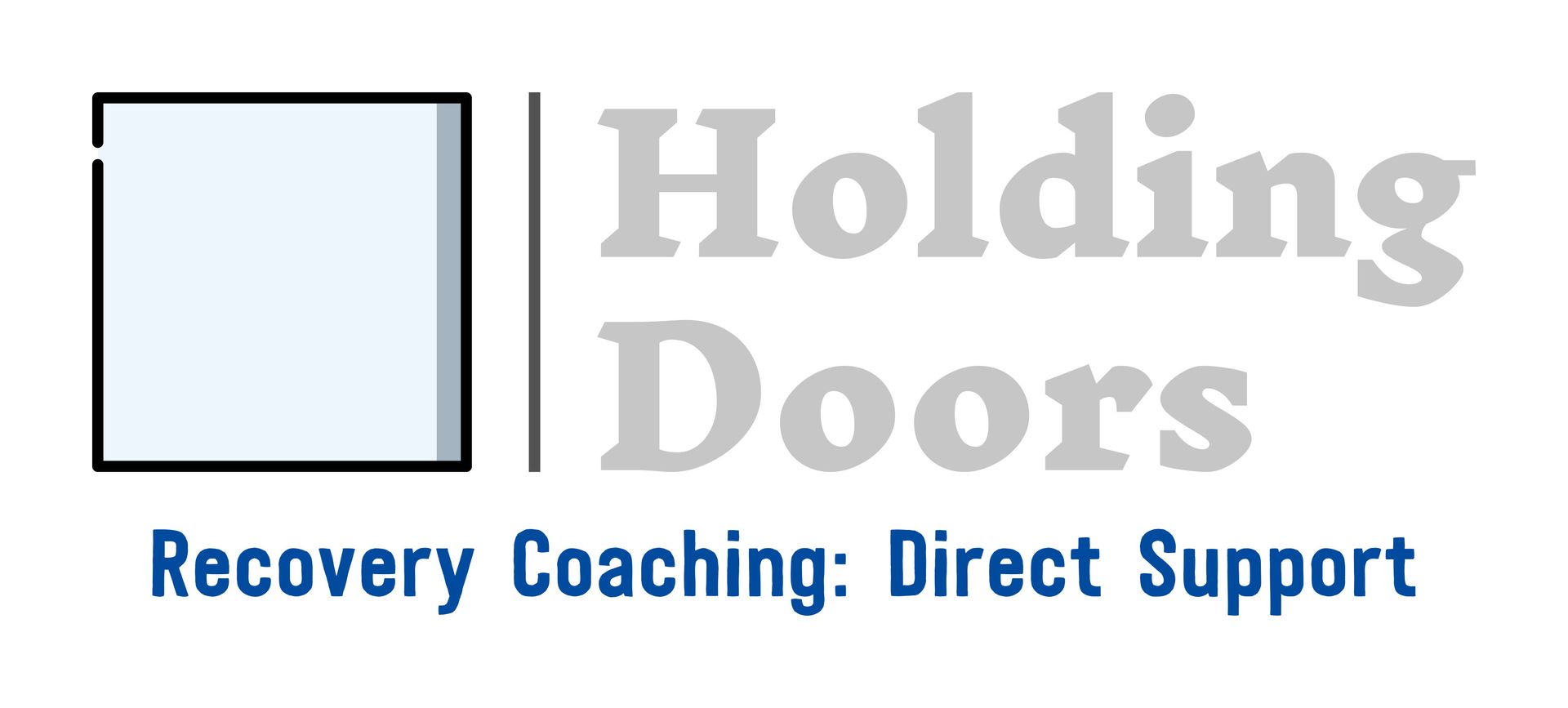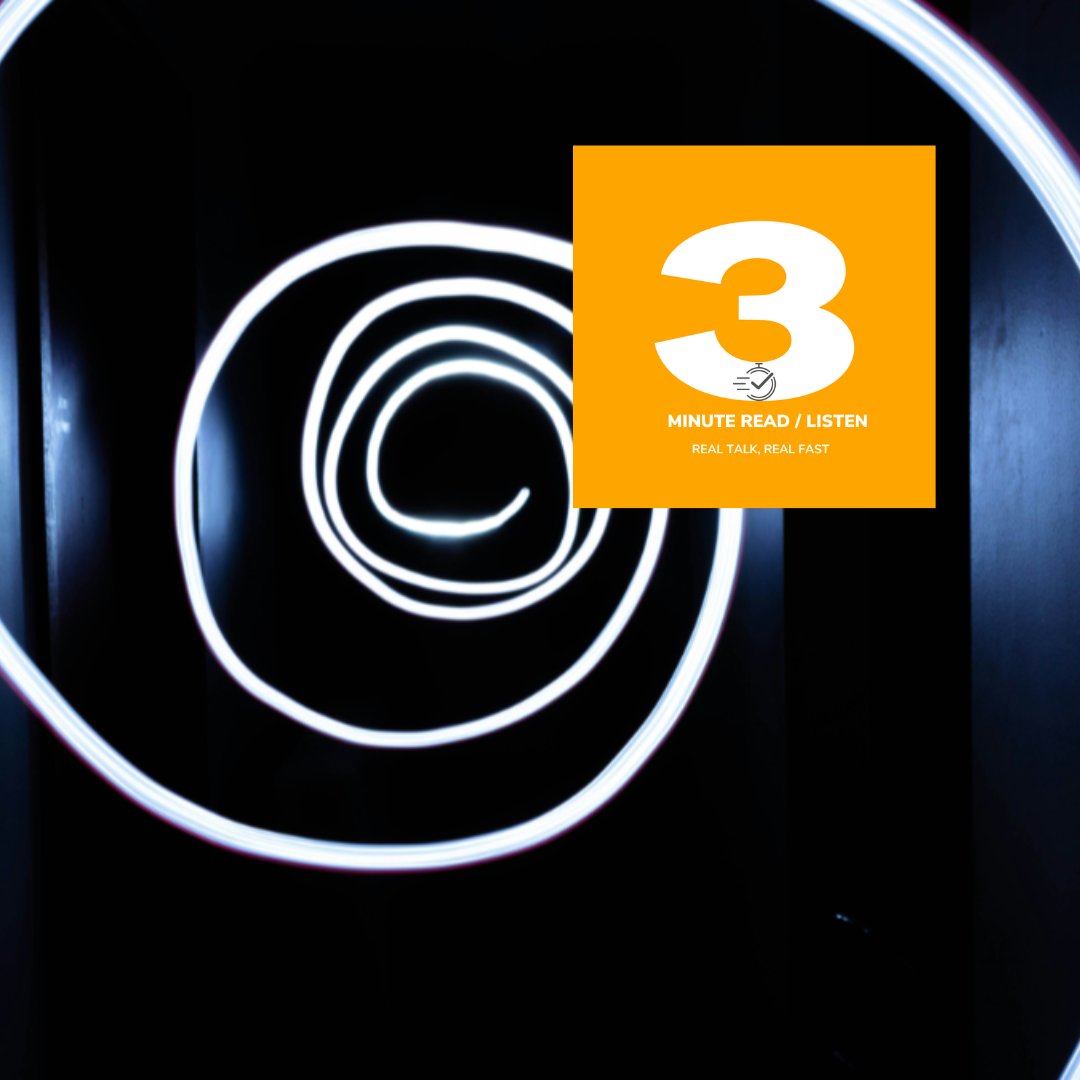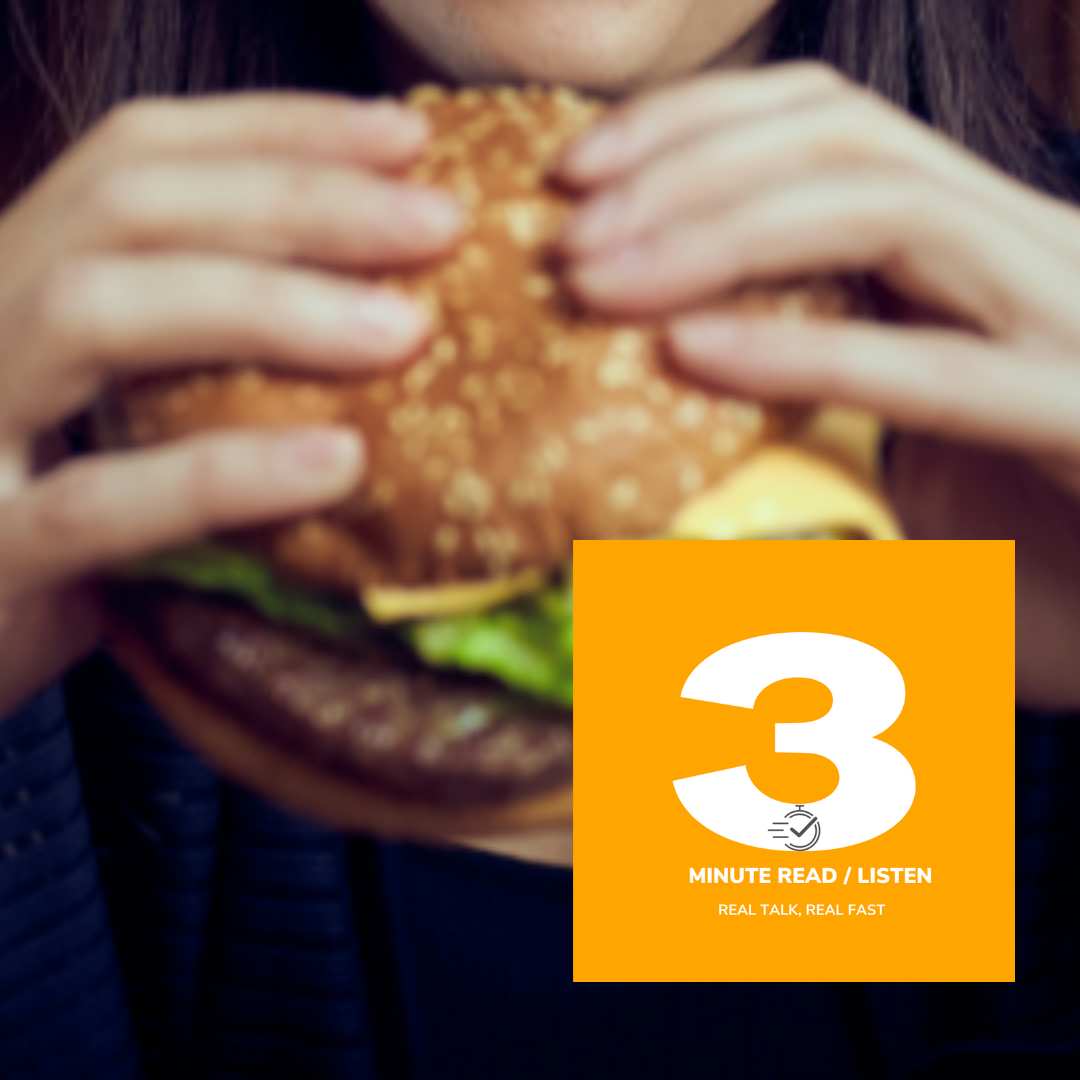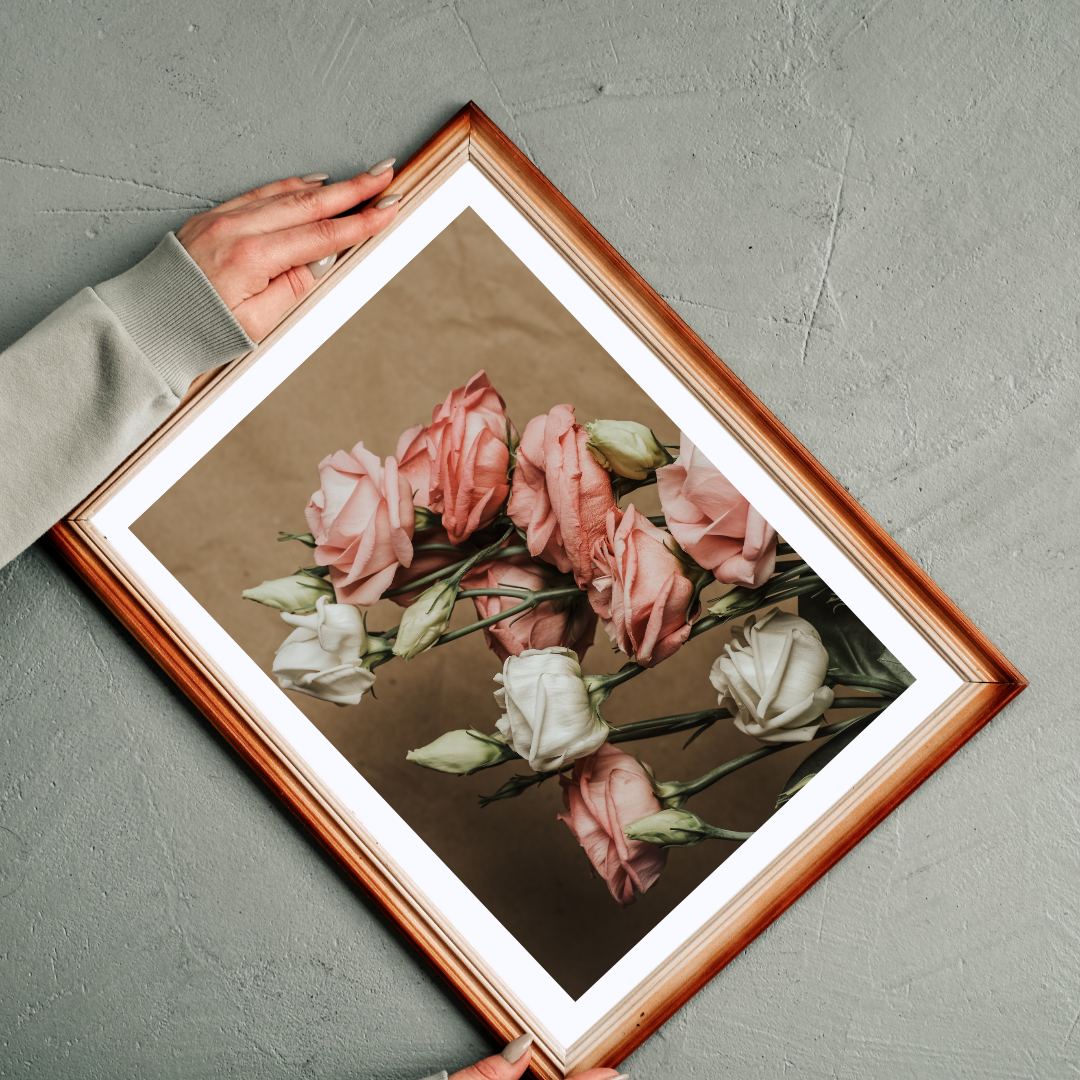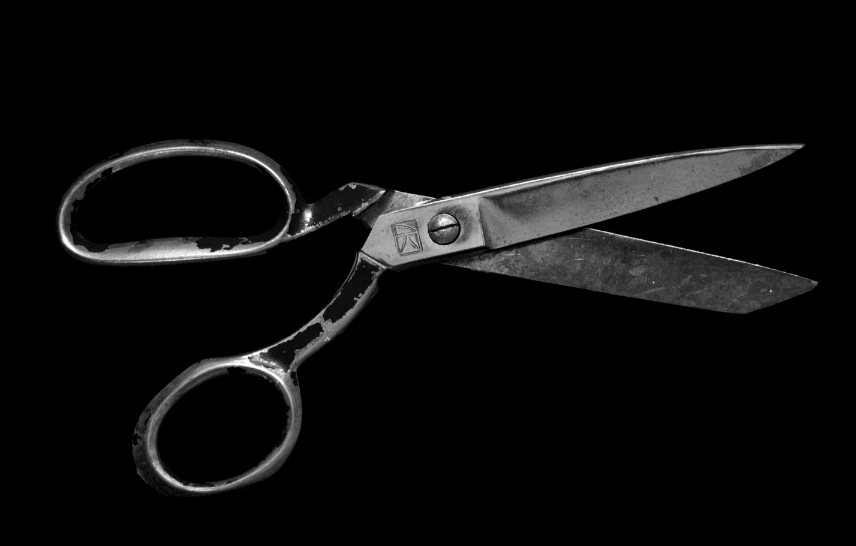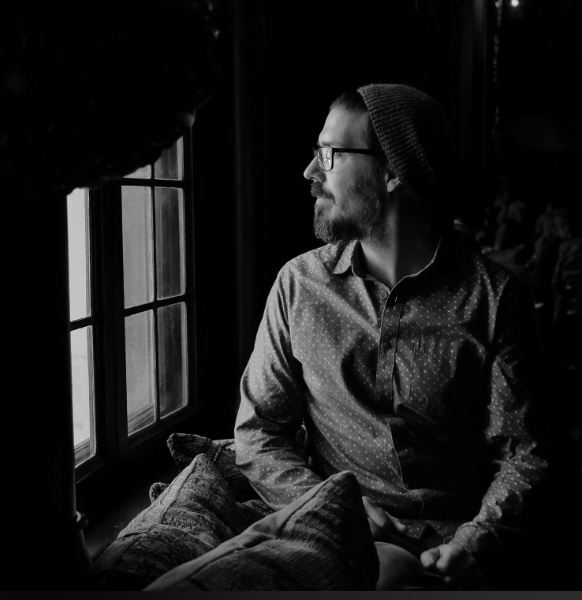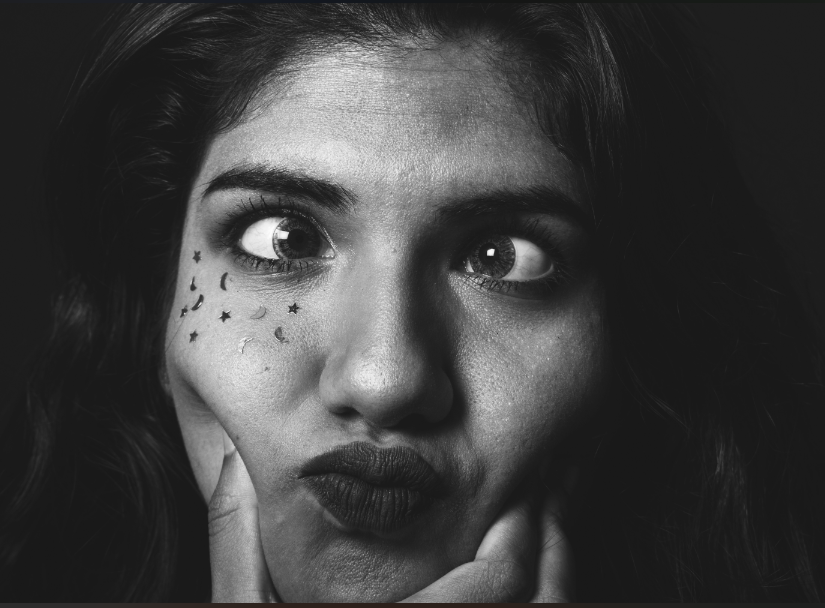The Real Reason You’re Unhappy
Why Am I So Unhappy?
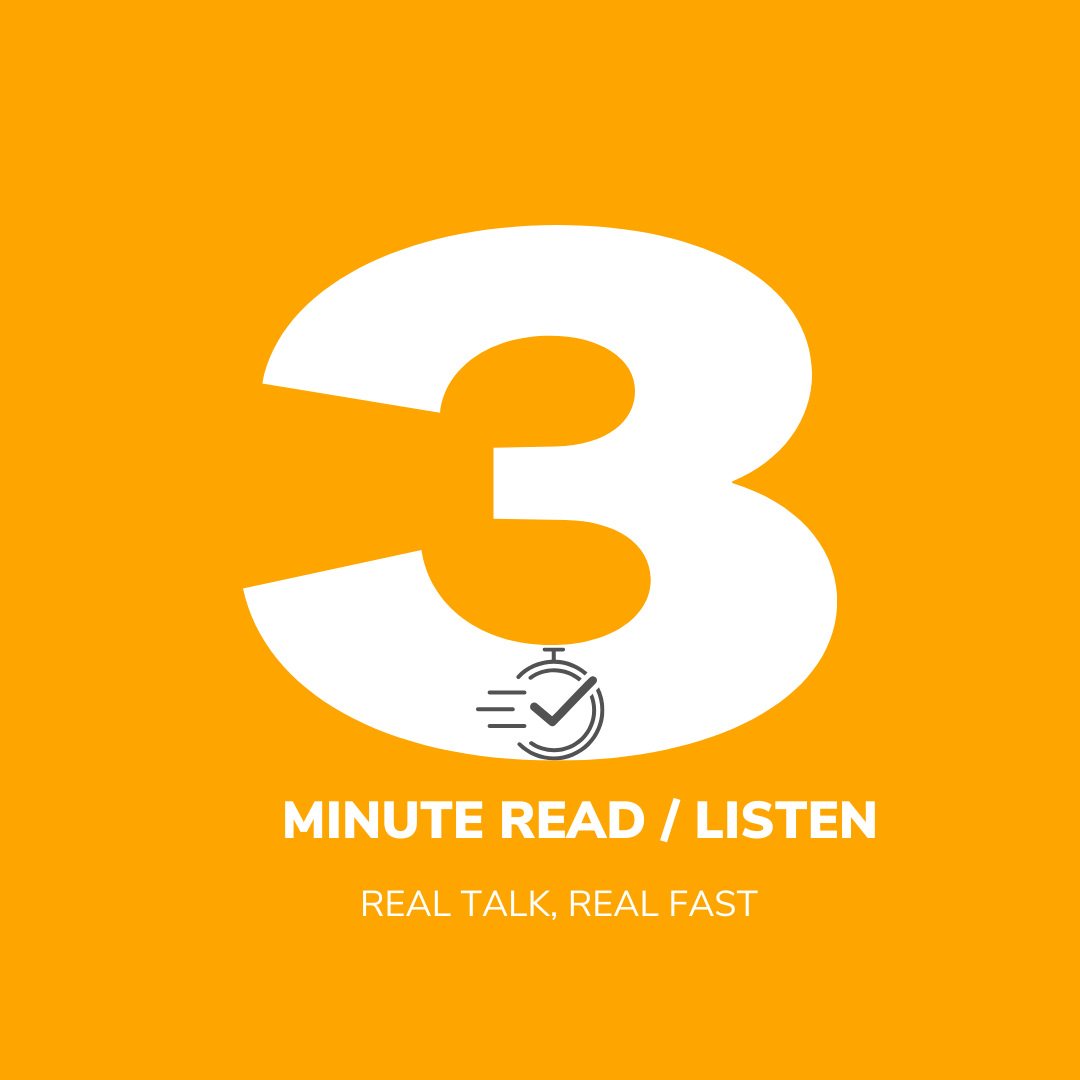
The Truth About Turning Pain Into Purpose
I’ll be honest. I know what it feels like to wake up and feel like life is happening to you. For me, it hit hardest after my divorce.
One day, I was a dad in a full house, surrounded by my boys. The next, I was waking up in a big, empty house, alone. Half the time, my kids weren’t there. The silence was rough.
I dragged myself through work, meals, and chores, but it all felt pointless. Like I was on autopilot. Quiet moments were the worst. That’s when the loneliness hit hardest, and I turned to alcohol to dull the discomfort.
Does this sound familiar? Do you wake up every day with a weight on your chest? Do you feel like the world is moving, but you’re stuck? Maybe you’re caught in a cycle of addiction, depression, or anxiety. You tell yourself, “Tomorrow will be better,” but nothing changes.
Why?
Because you’re living as a victim.
Living as a Victim
This isn’t easy to hear, but it’s the truth. When you’re stuck in this place, you obsess over yourself. You think about your failures, your pain, and how unfair life is. You replay every regret, every loss, over and over.
That kind of thinking doesn’t just keep you miserable—it makes it worse. It’s like a mental cage, and every time you try to escape, you tighten the bars.
Here’s the thing about being a victim: it puts you at the mercy of everything around you. You feel powerless. Stressed. Trapped. And that stress pushes you to find comfort in the wrong places—alcohol, pills, food, or isolation.
But here’s what you need to know: you don’t have to stay a victim.
The Antidote to Unhappiness
What if I told you there’s a way out of this? That you can stop feeling powerless and start taking control?
Here’s the secret: victims wait for life to change.
Actors make the change.
The first step is to stop obsessing over yourself. But here’s the catch—it’s not about forcing yourself to “just be positive” or “love yourself more.” That doesn’t work.
Instead, shift your focus outward.
Help someone. Smile at a stranger. Call a friend. Hold a door for someone.
These small acts aren’t just “nice things to do.” They’re the antidote to unhappiness. When you step outside your own pain and focus on others, something amazing happens.
You realize your life matters—not because of what you get, but because of what you give.
When you choose to be the anchor in someone else’s storm, you pull yourself out of the quicksand of victimhood. You stop waiting for happiness and start creating it.
From Victim to Actor
The new you isn’t a victim. The new you is an actor—someone who owns their choices, actions, and future.
Actors don’t sit around waiting for things to get better.
Actors
build better lives.
The unhappiness you feel right now isn’t permanent. It’s a symptom of a life that’s too small, too inward, too focused on the past. When you shift your focus outward, when you take action, you open up a world of possibility.
This is what recovery is about—not just quitting substances or managing mental health, but designing a new lifestyle. A life where you wake up with purpose. A life where you build meaningful relationships, chase your passions, and show up for yourself and others.
Take the First Step
So, how do you start? It’s simpler than you think:
- Do one thing for someone else today. Call a friend. Smile at a stranger. Hold a door open.
- Remind yourself that you’re not a victim anymore. You are an actor. You can choose differently, starting now.
- Take action to design your new life.
You don’t have to do it alone.
Let’s Design Your Recovery Together
At Holding Doors, we believe that aftercare is not an afterthought. We help people like you move from victimhood to victory—designing a recovery lifestyle that fills your days with purpose, connection, and hope.
You’re not just quitting addiction or managing mental health. You’re building the life you’ve always wanted, one step at a time.
It starts with one conversation. Visit holdingdoors.com and schedule a call today. Let’s explore your specific situation and create a plan to take you from where you are to where you want to be.
You don’t have to stay stuck. You don’t have to be unhappy. You don’t have to be a victim.
Be the anchor. Be the actor. Be the new you.
